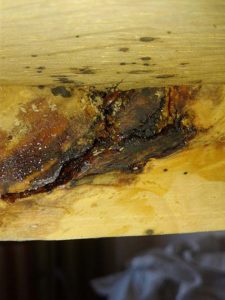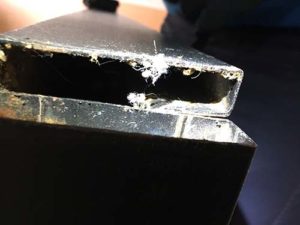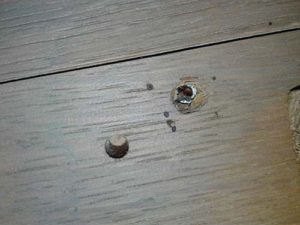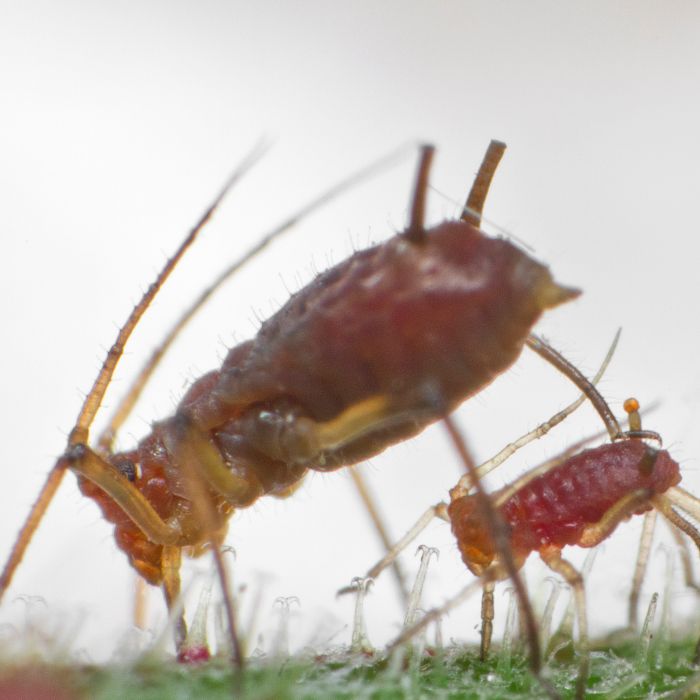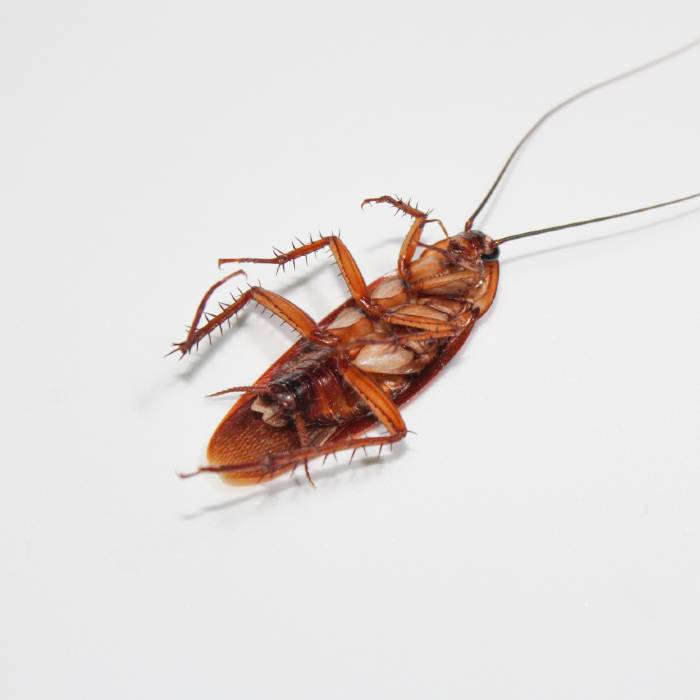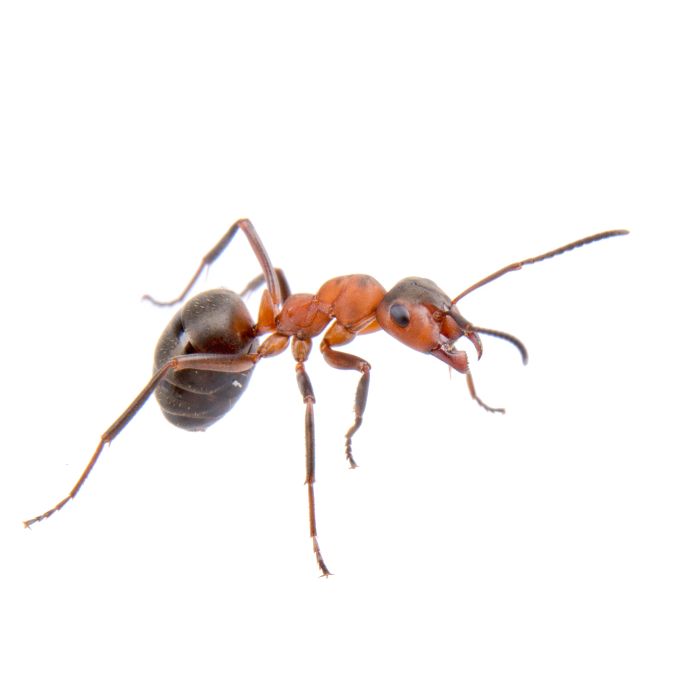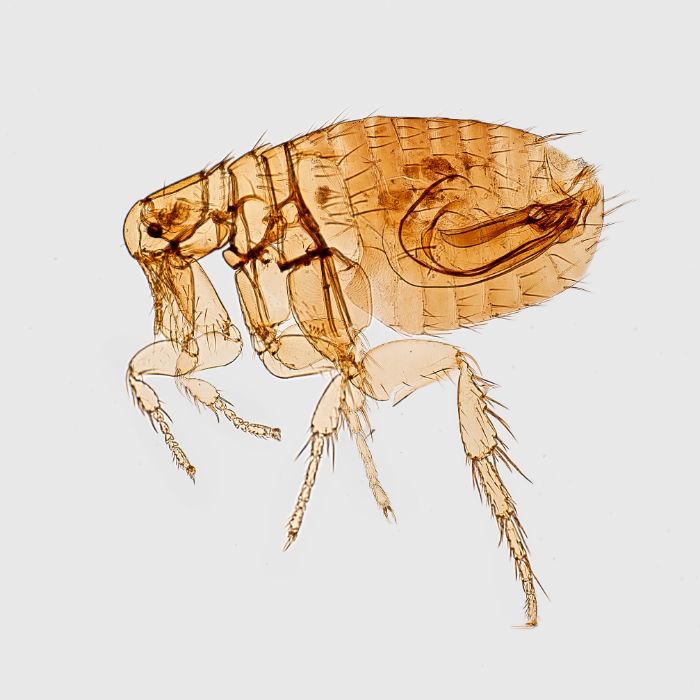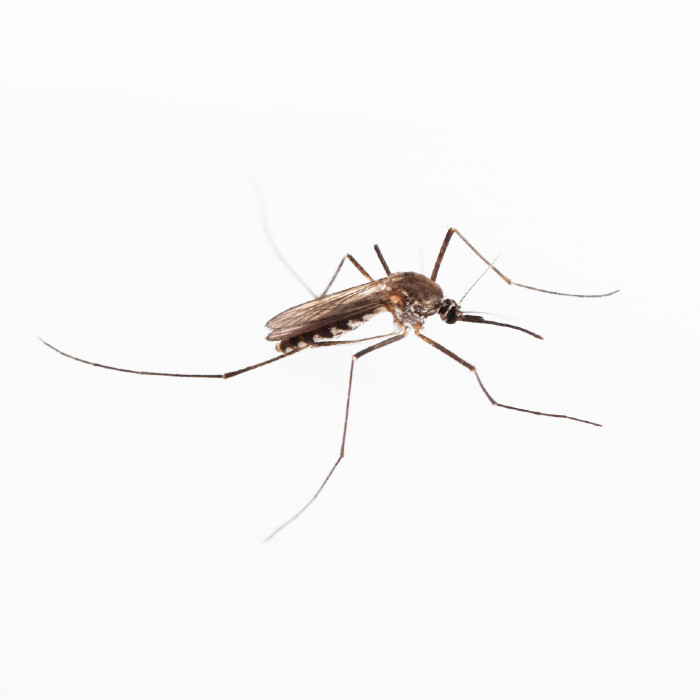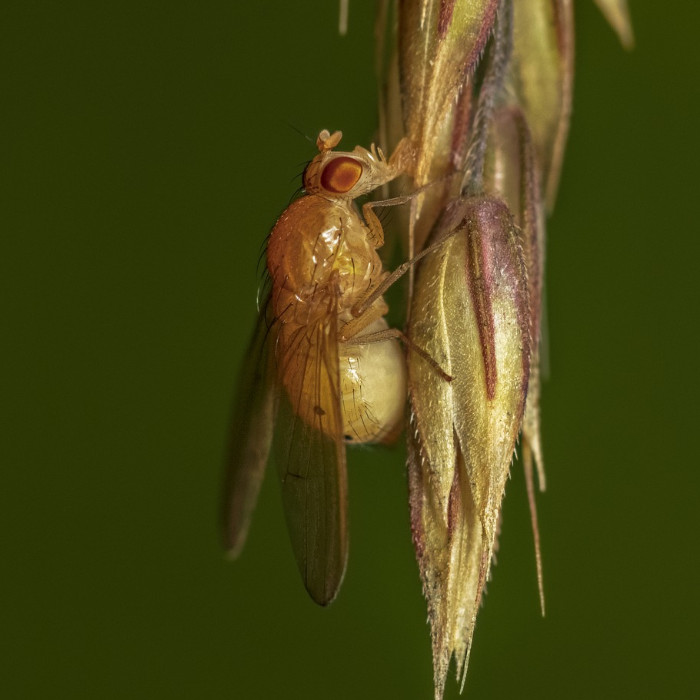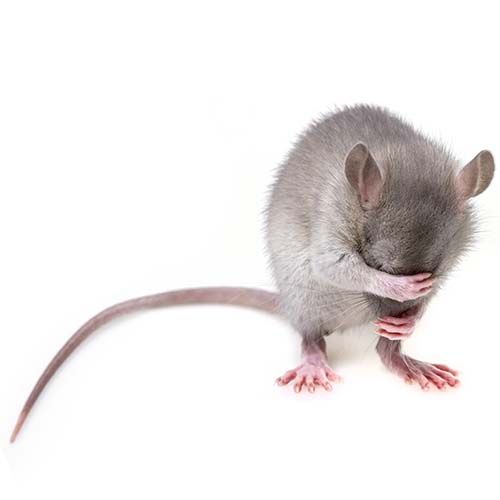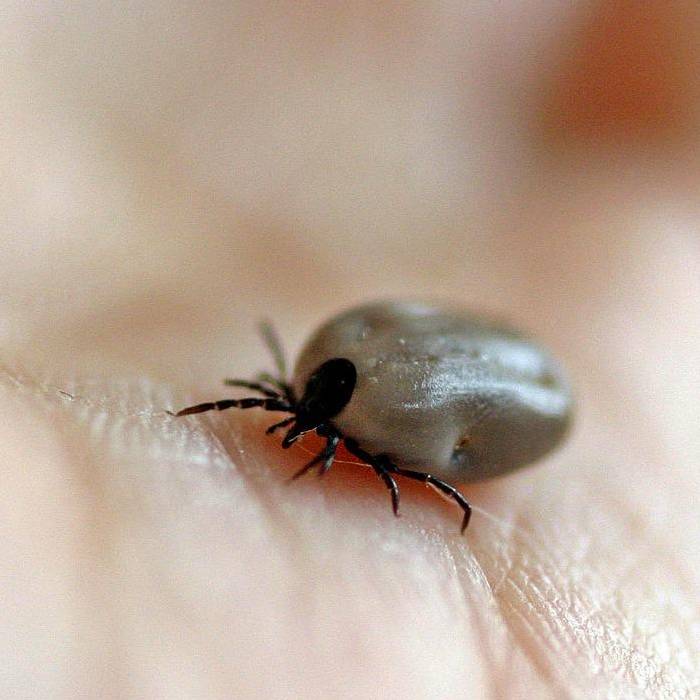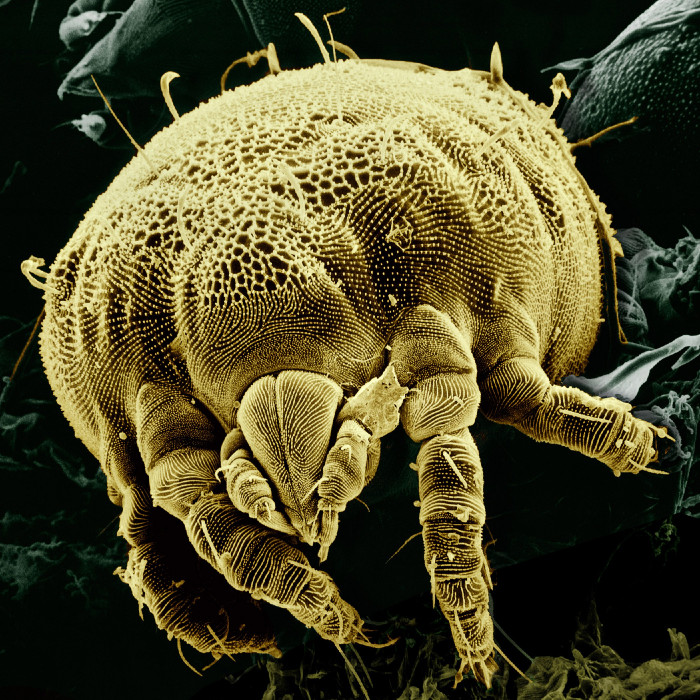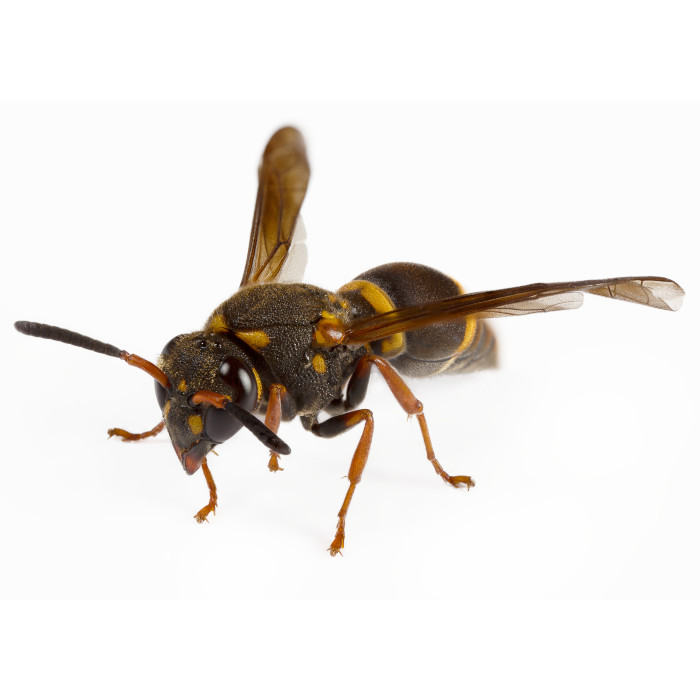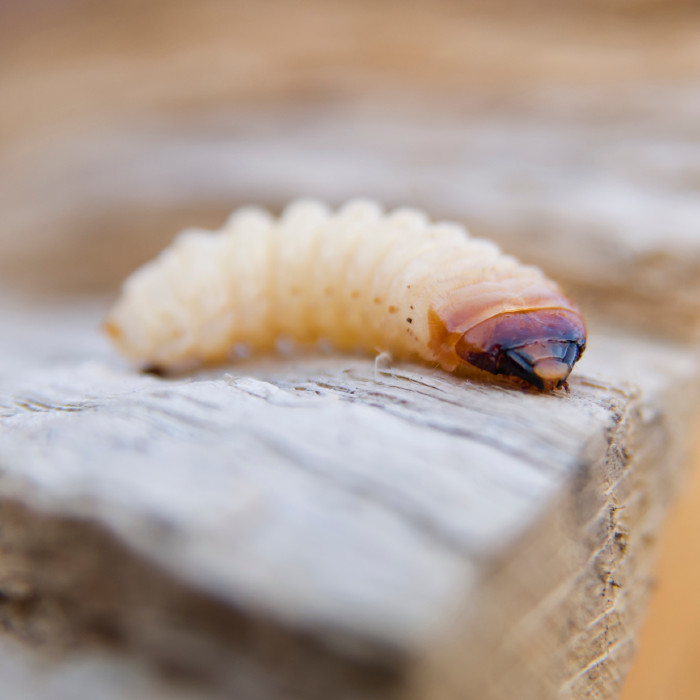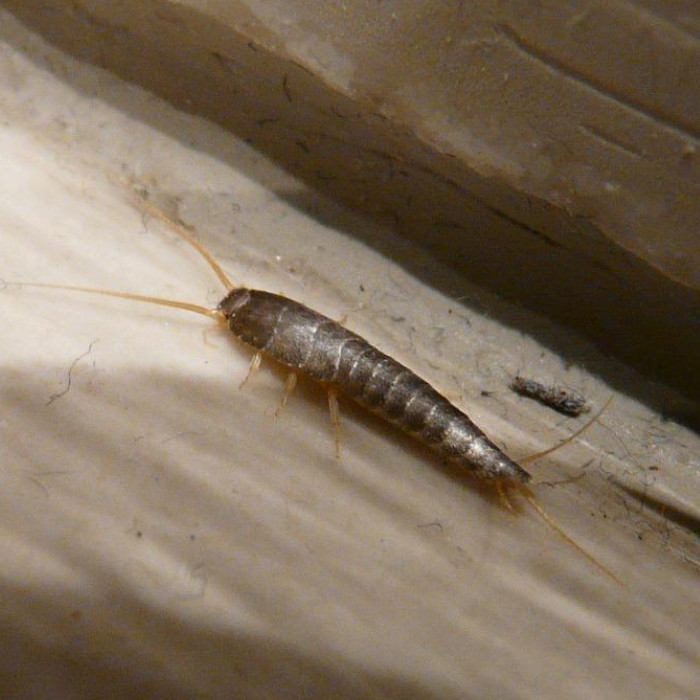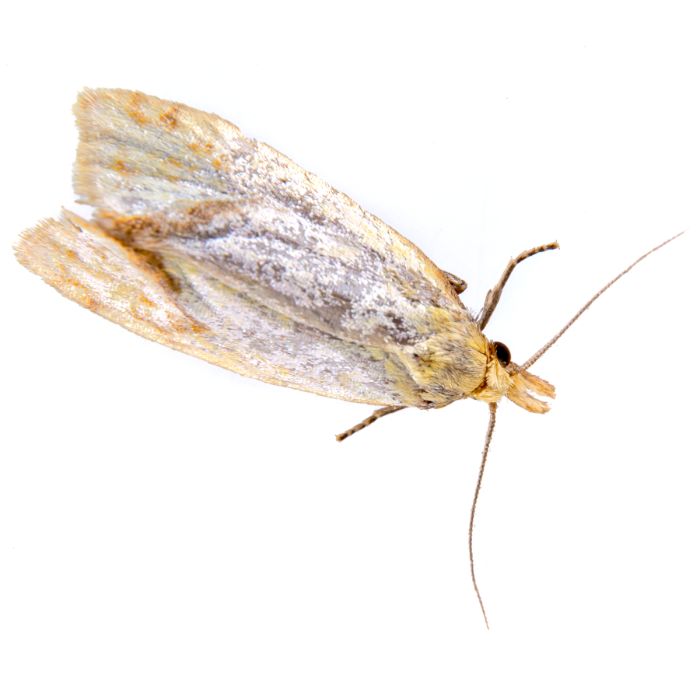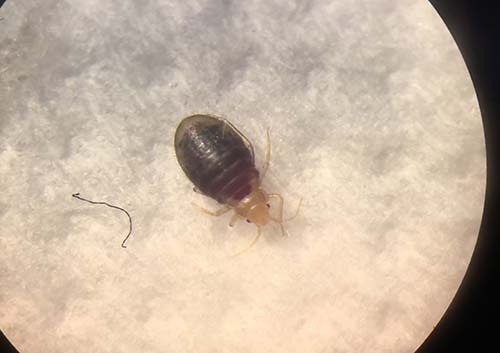
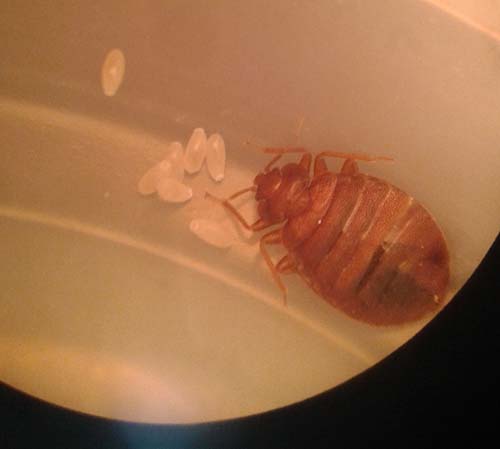
We apply a control protocol that allows us to permanently eradicate bed bugs with only 1 application and in a mechanical way
We apply a control protocol that allows us to permanently eradicate bed bugs with only 1 application and in a mechanical way
Do you want to completely get rid of bed bugs?
ADRAKOIL HELLAS
Contact us today
Guarantee of result for all our services
What are bed bugs
Bed bugs are small flattened blood-sucking wingless insects, 4-5 mm in size. They belong to the order of Hemiptera and the family of Cimicidae. There are many species of bed bugs, most are pests of birds, some are pests of bats and others are pests of rodents. The two that are of interest to humans and which are similar in morphology and biology are:
- Cimex lectularius L: It is the only species found in Greece. .
- Cimex hemipterus Fabr.: It is found only in tropical areas.
Where do bed bugs live
Bed bugs live in groups in dry, tight and protected spaces, such as beds, mattress seams and folds, pillow and curtain seams and tassels, under upholstery, paintings, carpets, in furniture (sofas, armchairs, bedside tables), in crevices, cracks and fissures in floors, window and door frames, power sockets and switches, etc. They also lay their eggs in these places. Bed bugs are nocturnal insects, which means that they stay hidden during the day and only come out at night in search of food.
Spread of bed bugs
They spread through transportation of various objects (such as furniture, tables, beds, mattresses, etc.) ,but they also travel with suitcases and clothes.
Spaces with a large insect population have a distinctive odor, especially when not ventilated. Bed bugs have the ability to excrete hemoglobin residues of black color after each blood-sucking and to create characteristic black spots, indicative of their presence in a space.
Bed bugs and humans
Bed bugs approach humans only to suck blood and feed, sensing their presence from the CO2 that they release, and then return to the places where they hide. Usually, they need a meal to go through each nymphal stage, while adults need a meal every 5 to 7 days.
The stages of development of the bed bug
During her life cycle, the female lays a total of yellowish-white 200-500 eggs, in groups of 10-50 eggs. It takes 4-21 days for the eggs to hatch, depending on the temperature: 7 days at 25 °C, less at 27 °C. Their metamorphosis is incomplete (they belong to the semi-metamorphic insects) and nymphs look like adults, but are smaller in size. They have five (5) nymphal stages.
The development of the bed bug ( egg-nymph-adult) is completed in 5-10 weeks. The duration of the nymphal stages is usually 5-8 weeks, whereas the life span of adults exceeds one year. Bed bugs can withstand long periods of hunger (up to 4 months) that vary depending on the stage of development and the gender of the insect, thus lengthening their life cycle.
Bed bugs are sensitive to temperatures below 15 °C and above 37 °C, as well as to high humidity. Temperatures of 44-45 °C are usually fatal.
Health significance
The health significance of bed bugs is limited, they are not considered to carry diseases to humans. There is no evidence that they are natural carriers of human and animal pathogens. This is mainly attributed to the brief contact and use of humans alone as a host by C. lectularius.
Repeated nights of restless sleep accompanied by bites the moment we wake up to start our day, is the strongest indication that there is an infestation in our space.
Their bite varies in terms of the skin irritation caused to each person. Their bite is linear and is not noticeable immediately, but at a second time. In contrast to mosquitoes, when bed bugs bite, they release an anesthetic substance into the human body, so that the pain from the bite is not felt. Usually, a slight irritation occurs and in the milder cases the effect is slightly more pronounced compared to the mosquito bite.
Treatment
Bed bugs are not only unpleasant and annoying insects. They are also quite clever. Typical chemical applications may not be able to completely eliminate them, which means that more drastic methods need to be used.
As nocturnal insects, they are more active during the night and often build their nests in areas that are difficult to spot with the human eye.
A great deal of experience and the appropriate means are required to identify them. Unfortunately, if there is no immediate intervention in the nest, the problem remains.
It is widely thought that dealing with adult bed bugs is relatively easier with various eco-friendly and other methods that have been proposed over time for their removal.
However, caution should be exercised, as bed bugs are equipped with high intelligence and can recognize a threat.
It is known that when bed bugs sense danger, they tend to play dead and stay still.
And that’s how the expression “He pretends to be a dead bug” became known.
If our response is inadequate and is simply limited to the use of chemical or non-chemical formulations, or even if we use heat, without a direct and targeted intervention, bed bugs will simply move elsewhere and re-grow.
Consequently, not only do we fail to resolve the issue, we also exacerbate it.
But what about bed bug eggs and nests?
Bed bug eggs are durable and cannot be destroyed with garlic, lavender, heat or chemicals.
For this reason, it is often observed that in treated areas the problem reappears after 10-20 days.
Don’t be afraid, you didn’t bring bed bugs back into the house… it’s just that eggs and nests weren’t destroyed!
What should I do?
If bed bugs nests and eggs are detected and handled properly, you will get rid of this quite annoying insect once and for all from the very first day, without the use of chemicals.
However, it takes a lot of experience and the right equipment to detect them, as you can see from the enlarged photos. Their detection is a very difficult task.
With more than 2 decades of know-how, Adrakoil Hellas is the most specialized company in Greece for bed bug control.
Do you want to completely get rid of bed bugs?
Contact us today
Guarantee of result for all our services
Customers who trust us


































































